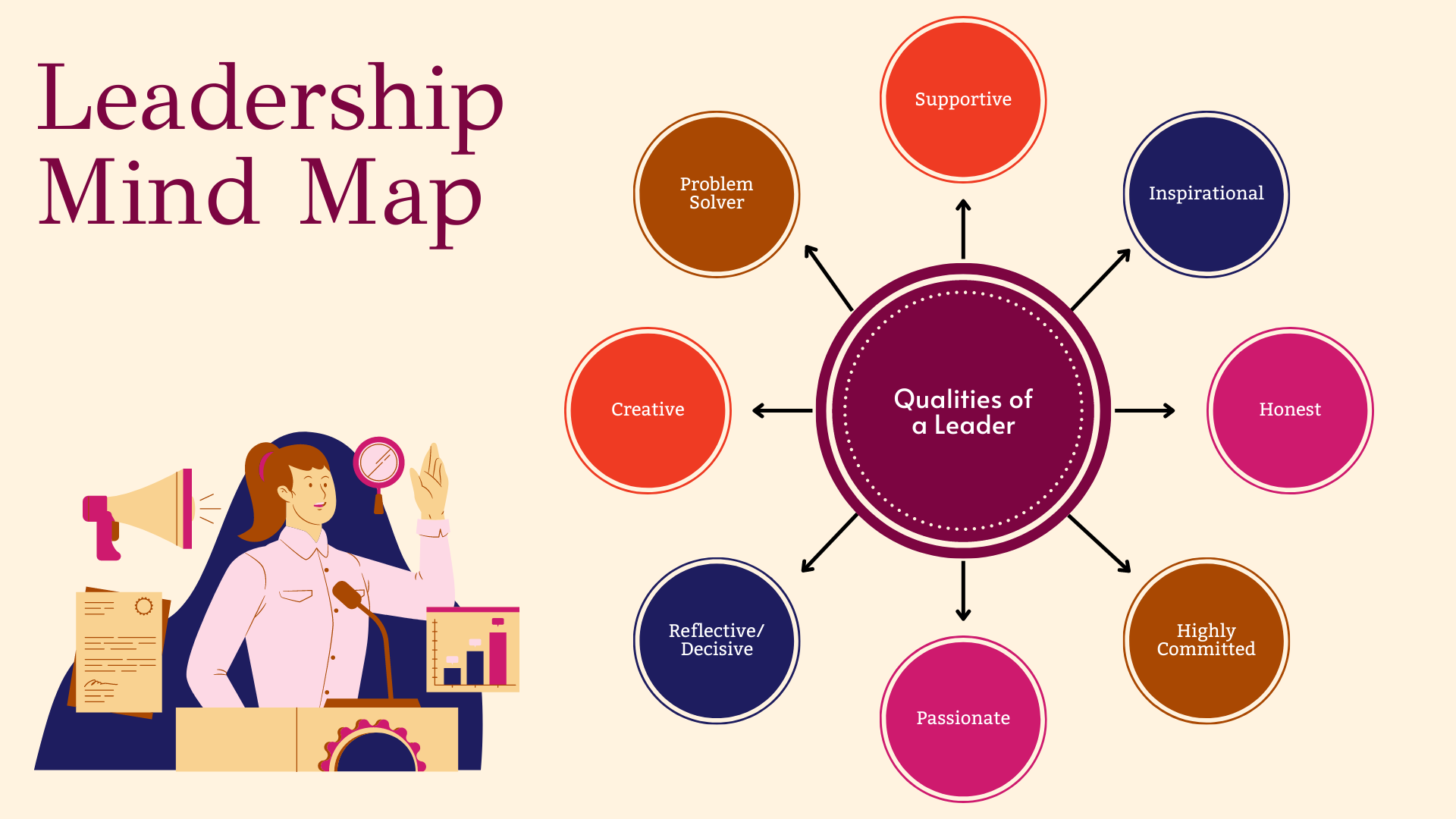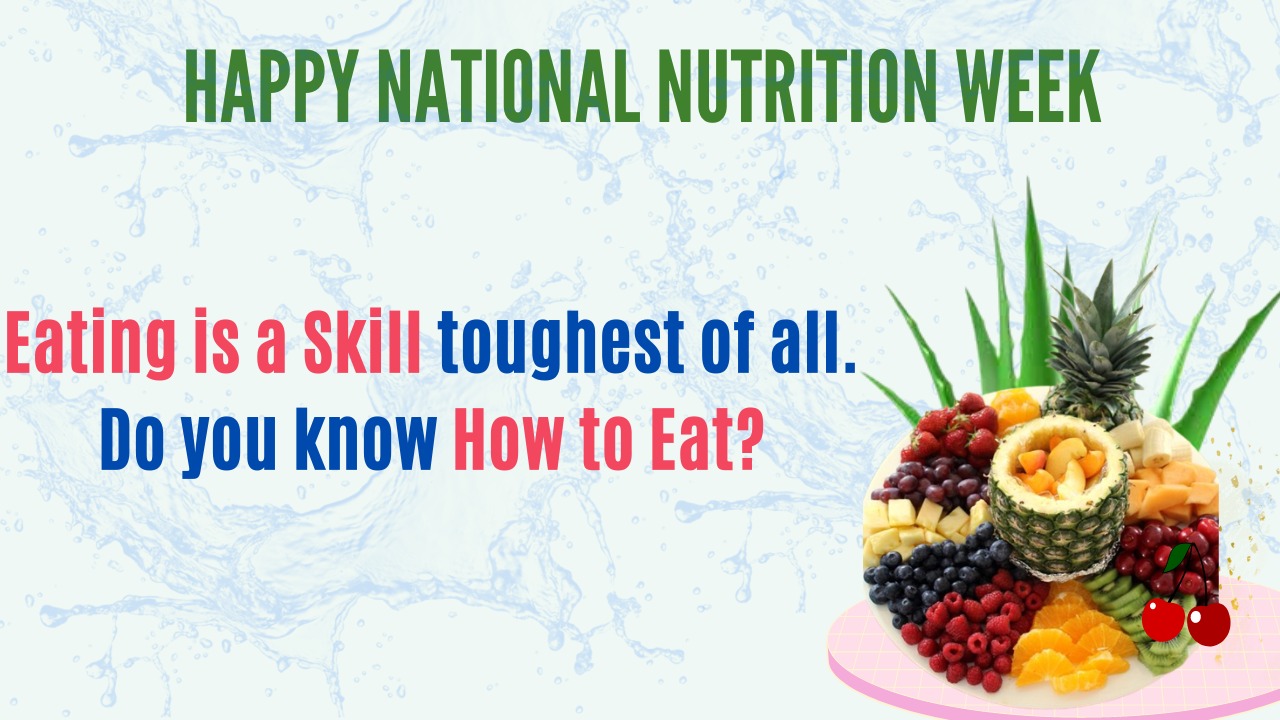What are your strongest abilities?
Most of us come up with a concrete answer: we’re great at ultimate frisbee, can make a delicious apple pie, or can navigate a spreadsheet.
These are all fantastic qualities, but you’re probably neglecting a whole slew of others that are equally vital.
You’re in for a life-changing lesson if you’ve never heard of soft skills before! They’re essential for obtaining a leg up on the competition at work, and you may use them to boost your career prospects, job offers, or even earn a higher pay.
You’ll learn the fundamentals of soft skills, how they operate, and how to make them work for you in this resource guide.
Let’s get started!
What are soft skills?
Let’s get things straight before we discuss about soft skills in any depth.
What is a soft skill, exactly? The solution is simple, but the definition is more difficult.
What are soft skills vs hard skills?
Soft skills are key job attributes that include “common sense, the ability to deal with people, and a pleasant flexible attitude,” according to the dictionary.
That’s better than nothing, but it’s a bit vague and broad. What does it mean to have a “positive flexible attitude”?
Consider all of the abilities you’ll need to land an outstanding job: producing fantastic reports, turning work in on time, effectively handling business politics, understanding your department’s budget, and troubleshooting the occasional computer malfunction.
Consider these abilities in this light:
“A soft skill is a competence that you need in the business but that isn’t taught in a classroom.”
What about a report-writing class? Check.
The same goes for reading budgets and having a rudimentary understanding of computers. These are known as hard skills, and they’re simple to pick up and improve.
However, there is no such thing as “Company Politics 101,” and you’ll have a hard time finding a lesson on submitting work on time.
Soft skills, which few schools teach, are equally as important for workplace success as hard skills.
Let’s look at an example from the workplace if you’re still unsure about the word.
Soft skills example: How do soft skills make me a better employee?
Consider Michelle and Jessica, two recent college graduates. They’ve both recently been hired to manage social media for a major clothing company.
The formal workweek is from 9 a.m. to 5 p.m., but Michelle arrives at 8:50 a.m., greets a few employees, and takes her seat at 9 a.m.
At 9:03 a.m., Jessica runs in, just avoiding a collision with her boss and the coffee in her hand. She checks her email, gets distracted, and spends the first 45 minutes looking at the summer clothes line of a competitor — she tells herself it’s for a “competitive edge.”
Michelle knows her most productive hours are 9 to 11 a.m., so she starts with the most critical chores first, which she wrote down on a list the night before.
Michelle and Jessica deal with irate customers on a daily basis, and today is no different. Because this customer appears displeased with their purchase, Jessica designates the order for a refund, as per business policy.
However, Michelle sees that the purchaser did not express any dissatisfaction with the clothing. She makes contact with the buyer, handles a minor shipment issue, and reclaims her trust. By the end of the call, the formerly dissatisfied customer is raving about the company’s customer service and promising to place a larger order next time.
Michelle’s energy is also waning. She switches off her computer and reads a few pieces from an industry trade publication while snacking on almonds she brought with her. She’s back to her most important job of the day in thirty minutes.
Jessica is still gazing at images from her cousin’s wedding.
Michelle reviews a monthly report due tomorrow at 4:30 p.m. She finished the paper the day before yesterday, but she wants to double-check the information. Everything appears to be in order, so she sends it to Jessica for her information.
Jessica becomes panicked when she learns she has entirely forgotten about the report. She copies a few numbers from the previous meeting, explains that things are much the same this month, and ends the meeting. At 4:45 p.m., she turns off her computer, speaks with coworkers, and leaves a few minutes before five.
Michelle prepares her speaking notes for tomorrow’s meeting, makes a list of the most critical duties for the morning, and leaves the workplace at 5:04 p.m.
Michelle and Jessica are both qualified on paper. They have similar hard skills, work experience, job titles, and work approximately the same number of hours.
Michelle, on the other hand, is a far superior employee.
She certainly appears to be one. But you could be wondering if her soft talents are important to her. Or, to put it another way, how can soft skills aid you in the actual world? We’re grateful you inquired.
Why are soft skills important in the workplace?
In the job, soft skills are quite important. This is why.
Companies are beginning to recognise the relevance of soft skills as the workforce becomes more reliant on knowledge employees.
Soft skills training is routinely provided to Fortune 500 employees, and multinational organisations such as McDonald’s are starting national initiatives to educate employees on the subject.
The value of soft talents is obvious to these employers. It costs companies a lot of money when employees don’t have them.
How do I determine my strongest soft skills?
What do you mean when you say “soft skills”? And which are the most crucial?
Let’s start with the five different categories of soft skills.
Soft skills are divided into several categories.
While we could list an infinite amount of soft skills (and we do), according to Indian News and World Report, they fall into a few broad categories.
They’re right here.
Collaboration
Individuals are at the heart of every business. In order to develop a good team, it is
necessary to be able to form ties with others in the organisation. Furthermore, studies
have shown that teams who work effectively together accomplish more.
This category includes soft skills such as:
- Working efficiently with peers and coworkers is referred to as teamwork.
- Personality — a pleasant attitude that encourages others
- Social skills – being able to handle yourself in a variety of work scenarios
- De-escalating arguments between others is the goal of conflict resolution.
Interpersonal and communication abilities
It is critical to have strong communication skills in any career, no matter what it
entails. You have a significant advantage over others if you can convey ideas in a
logical and well-received manner.
This category includes soft skills such as:
- delivering powerful presentations in front of small or huge crowds
- Listening – comprehending and empathising with the perspectives of others
- Selling entails offering persuasive arguments for a variety of actions (not just purchases!).
- Persuasion is the process of persuading someone to change their mind.
Resolving issues
You probably have good critical thinking skills if you thrive at thinking outside the box. In today’s digital economy, where machines and software are rapidly replacing humans for routine activities, these skills are critical. The ability to solve difficulties will be beneficial in any industry.
This category includes soft skills such as:
- Imagining fresh approaches to a problem is what creativity is all about.
- Critical thinking entails devising and implementing a systematised approach to problem-solving.
- Analysis is the process of deducing deeper meaning from facts at the surface level.
- Innovation is the process of creating new and unique products, services, and systems.
Organize your time.
It makes no difference how qualified you are for a job if you lack the necessary abilities to complete it. In fact, work ethic was cited by 85 percent of managers as the most significant component in employee performance. You will always be employed if you work hard, meet deadlines, and do tasks efficiently.
This category includes soft skills such as:
- Punctuality and dependability – always being on time.
- Creating and maintaining a logical framework for storing stuff is called organisation.
- Planning entails putting together a strategy to achieve long-term objectives.
- Productivity is the ability to manage one’s energy and attention in order to do more.
Leadership
Employers are in severe need of good leaders. In fact, according to a recent poll, the single most pressing talent gap managers confront is leadership. Also, don’t assume that leadership abilities are only useful if you work in a management role. Leaders are required in all roles by managers.
This category includes soft skills such as:
- Being trustworthy means being honest and keeping promises.
- Motivating others to achieve their full potential is what motivation is all about.
- Commitment is the act of committing yourself to complete a task.
- Goal-setting is the process of formulating long-term objectives that are both ambitious and attainable.
How to list soft skills on a resume
So, what abilities do you have?
First, go over the list above and see if there are any that strike out to you. It’s possible that if a certain trait stands out, it’s because you have it.
If nothing in the samples above seems particularly relevant, check out The Balance’s large list of 140+ soft skills.
Second, recall any praises you’ve gotten in the past. What would a family member or friend say if you asked them for their opinion?
Finally, take a look at your past. What kind of occupations have you had? Which classes piqued your curiosity the most? What are your favourite pastimes?
If it doesn’t work, try one of the resources listed below to figure out your soft skills strengths and shortcomings.
Resources:
‘Crystal Knows Good&Co.’ is a company that specialises
If you want to give yourself an advantage, review our list of the most useful soft skills interview questions and answers to help you prepare polished and professional responses that will wow employers.
How to develop soft skills?
You’ve probably figured out that soft skills are essential for landing and keeping a job. And you know what soft talents you have and don’t have. But how do you acquire those characteristics? Are soft talents something you’re born with?
Fortunately, the answer is no. Any soft skill you wish can be developed. Here’s how to do it.
Step 1: Determine which abilities to improve first.
You must first identify which talents you lack before you can improve.
Simply asking those who are familiar with you is a simple and effective technique to discover your flaws.
Ask them to take this Insight quiz to get their honest feedback. It assesses your level of self-awareness (or your appraisal of yourself in comparison to others) and delivers you the results based on their responses and your response about yourself.
Start by establishing a list of your most desirable soft talents if you’re still unclear. This thorough list from LinkedIn is an excellent place to start (or this list on LifeHack).
According to LinkedIn, the top ten most wanted soft talents are (category in parentheses):
- Communication
- Organization is important (time management)
- Collaboration (collaboration)
- Always on time (time management)
- The ability to think critically (problem solving)
- Social abilities (collaboration)
- Imagination (problem solving)
- Communication between people
- Adaptiveness (leadership)
- Personable demeanour (collaboration)
Set aside time to enhance your skills once you’ve decided which ones to focus on.
Step 2: Set aside time to work on your skills.
You should continue to improve your soft skills, just as you should continue to improve your hard skills that apply to your job (such as stronger marketing methods or a better comprehension of financial figures).
In fact, some experts claim that 20 hours of purposeful practise can lead to outstanding levels of skill in a subject.
So, if you focus on your soft skills for only five minutes every day, you’ll be able to complete those 20 hours in a year – not including weekends and two weeks off.
Finally, it’s time to get down to business.
Step 3: Locate study materials.
A soft skill, like a hard skill, can be learned via study, practise, and application.
But how should you go about studying?
Gone are the days when learning something new required poring through a dusty textbook. With today’s technology, you can get the best advice on any issue from the world’s top experts in a number of formats.
Here are a few free resources you might find useful:
- Podcasts. You can discover podcasts on practically every subject you can think of, including how to improve any soft skill. The majority of podcasts feature a guest speaker who offers unique perspective, as well as analysis and information from the host.
- Articles for a blog. How-to advice abounds in the blogosphere. Look for in-depth guidelines that include research — anyone may post their ideas on the internet, but high-quality writers will back up their statements with evidence.
- Videos are available on the internet. Watch a video to see soft skills in action! On YouTube, Vimeo, and other sites, you may discover instructors from all over the world. Observational learning, unlike reading or listening, is a viable option.
Free content, on the other hand, frequently lacks in-depth information. Consider these paid resources for even more information:
- Content that has been curated. Consider curated material if you want an expert to help you select what to focus on. These are continuing memberships or subscriptions, and you’ll often receive a new topic every week or month for as long as you’re a member.
- Online classes are available. Courses, unlike curated content, have a start and end date, and you can choose to follow a set schedule or work at your own pace. The greatest ones use video and other forms of media to teach a single skill and are usually divided into lessons. It has been proved that this multimedia format improves comprehension.
- Books. Books, perhaps the oldest method of learning a new skill, contain a wealth of information that you won’t find anyplace else. Because corporate culture and technology etiquette evolve so quickly, look for more recent publications (or even digital titles).
Step 4: Use your practise time wisely.
You can put your newfound information to use by practising whichever talent you desire to develop.
You’ll need a few crucial components to get the most out of your practise:
- Reaching out and doing it again. Try a new technique that pushes you beyond your present level of comprehension, and then do it again and again. For example, for a week, try out a new data analysis method on each spreadsheet you evaluate.
- Engagement. To keep the practise interesting, keep it short. If you’re having trouble coming up with a convincing conclusion to a presentation, for example, only practise the conclusion — not the remainder of the speech.
- Purposefulness. Practice in a method that is related to your area of weakness. If you have trouble speaking in front of large crowds, instead of rehearsing alone, practise speaking in smaller groups.
- Feedback that is both strong and quick. As often as possible, have someone evaluate your skills and point out areas for development. For example, instead of sending you an email the next day, have your mentor offer you leadership feedback immediately right after a meeting.
This kind of active practise will result in measurable gains in your soft skills over time.
Soft skills predict your life success, thus it’s an investment that will pay you for years.
References :
- https://www.monster.com/career-advice/article/soft-skills-you-need
- https://in.indeed.com/career-advice/resumes-cover-letters/soft-skills
- https://virtualspeech.com/blog/soft-skills-list
- https://www.futurelearn.com/career-advice/soft-and-employability-skills
- https://www.coursera.org/collections/soft-skills-career-success
- https://www.thebalancecareers.com/list-of-soft-skills-2063770
- https://www.glassdoor.com/blog/guide/develop-soft-skills/
- https://www.edx.org/learn/soft-skills
- https://www.wikijob.co.uk/content/interview-advice/competencies/soft-skills
- https://www.goskills.com/Soft-Skills
How useful was this post?
Click on a star to rate it!
Average rating 0 / 5. Vote count: 0
No votes so far! Be the first to rate this post.








